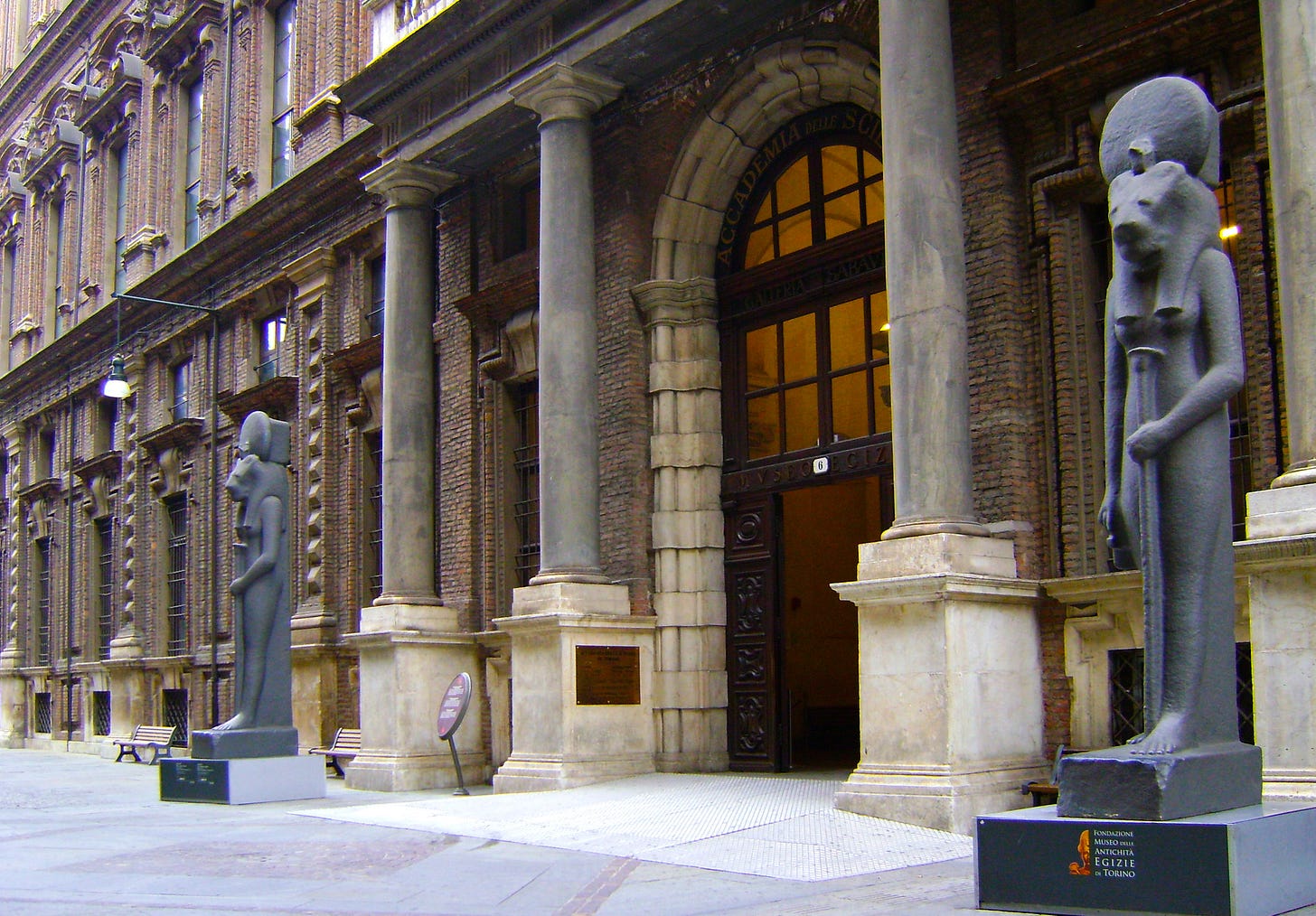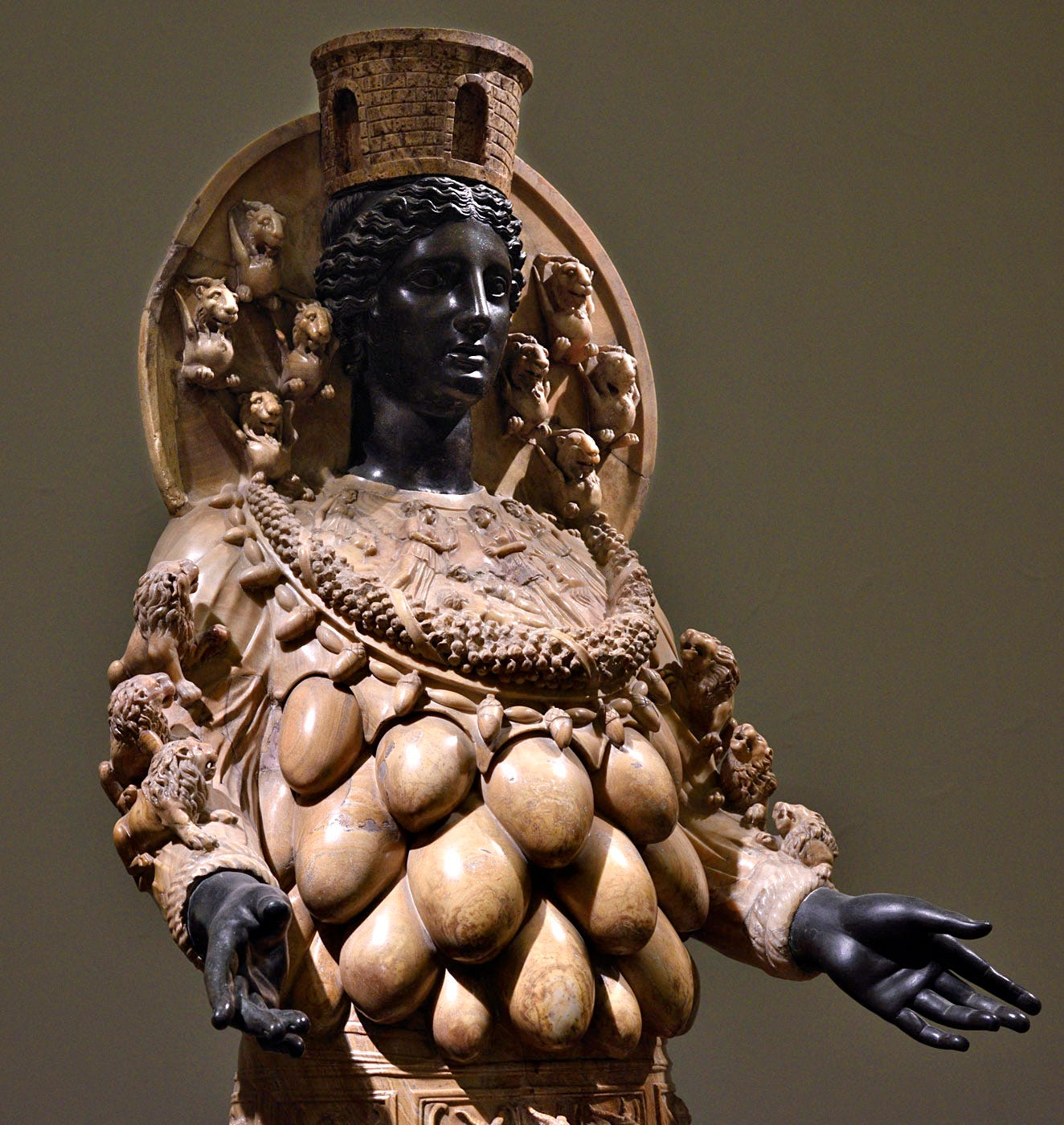A People’s President
Plus, citizens’ assemblies and the battle for Italy’s heritage
Last Saturday I was paying my usual trip to the market when I noticed a large Italian flag swaying in the wind outside the town hall. Ambling up to a group of fellow fiesolani congregated and chatting in the sun, I discovered the news that Giorgio Napolitano, ex-President of the Republic, had died. After more than a decade living in Italy there are few moments when I feel my otherness as a straniero than when the President is evoked. Coming from the UK, a monarchy with very specific traditions, the role is a little baffling. The Italian President is a guardian of the constitution; but unlike, say, my own symbolic King Charles, this figure also has real political power: approving and rejecting ministerial appointments, ratifying referendums; overseeing the details of reforms; even blocking legislation. Napoletano was a true democrat. He was also a communist. But as right wing newspaper La Nazione once put it: “he was the least communist communist ever to have been in politics.” His mandate - from 2006-2015 - overlapped with the Berlusconi era, and his role was deeply tied to those circumstances. While the maverick PM delegitimised political process and undermined the rule of law, Napoletano worked tirelessly to maintain the credibility of the state. Honestly, I don’t know much about the President’s younger years. But what was evident, talking to that crowd in Fiesole, was a nostalgia for a time when “being moderate” seemed a credible position; when the political class was, in the public imagination, worthy of some respect. Illusory as that might be, the belief in a time of order, the hunger for rational political decision making, clearly still holds power in the national imagination - across the political spectrum.
On 22-24 September a ‘festival of democratic participation’ took place in Bologna’s Biblioteca Sala Borsa bringing together participants of all ages and backgrounds to discuss the future of Italy. In a time of demobilisation and resurgent authoritarianism, this edition was a breath of fresh air for the non-partisan left. There were workshops on how to make the EU recovery funds more transparent, on the role of visual thinking in tackling the climate crisis, on the power of municipalities in bypassing national decision making. Most interesting all, to my mind, was the session on citizens’ assemblies as vehicles for empowering the public in decision making. Citizens’ Assemblies are a hot topic right now. I myself am currently involved in launching a new, transnational “Peoples Assembly for Europe” which you can find out more about here. Sticking with Italy, however, I find it heartening to see that, despite great opposition from Meloni and co, Bologna continues to assert itself as the nation’s political laboratory - and that assemblies are part of that process. Right now the actors who organized this festival are asking themselves tough questions. How, for example, should they relate to the Partito Democratico and to Elly Schlein’s leadership of the new left? And how, more immediately, can they prepare to intervene as civil society in the upcoming European elections? There are no easy answers here, of course, but it’s a relief to see that grassroots movements, which have always been so lively and influential in Italy, still have some life left in them yet.
Last week Andrea Crippa, deputy leader of the far right Lega, declared that Christian Greco, manager of Turin’s world renowned Egyptian museum, is a “leftwing dictator” who is “racist against Italians and Christians” and who should be forced to “resign from his position.” The basis for this story actually goes back to 2018 when Greco temporarily decided to offer free tickets to Arabic speakers to enter the museum. Crippa’s delayed intervention - frankly - makes no sense. First, before anything else, his claims are a distortion of the facts. Yes, it’s true, Greco did offer free tickets to Arabic speakers, but he also offered free tickets to students, to journalists, to people with learning issues and so on. Second, Greco is one of the most successful museum Directors in Italy at the moment. Ticket sales are up 7% on pre pandemic levels to around 900,000 per year and the profits and social media engagement are still skyrocketing. Last but not least, the Egyptian museum of Turin is not even a state institution. It’s a private exhibition space acting entirely within the law and entirely in line with international protocols on ticket allocation. Given all of these facts, Crippa’s words are, to my mind, moronic and intimidatory in equal measure and almost worth ignoring altogether. As the MP Daniela Ruffino eloquently put it: “seeking to use Christian Greco, an Egyptologist of universal fame and esteem, to conduct a religious war against Islam says a lot about how low political combat can go.”
Arts and culture: an idealist tradition
Sticking with the museum sector for a moment, one of my favourite Italian institutions - the Naples archeology museum - is finally getting a spruce-up! The collection itself is, incontestably, one of the most impressive in the world. Inside you’ll find thousands of relics from the Greeks, Romans and other Mediterranean communities; statues from Neapolis and Paestum, not to mention the extraordinary erotic frescos excavated from Pompeii. Sadly, and just as incontestably, the actual exhibition space is a dump. From bad signage and closed-off rooms to shortages of staff and dodgy toilets, it’s a sorry state of affairs indeed. Well, this week, the museum announced a new 11 million euro renovation plan which, over the next three years, will hopefully make the institution fit for purpose. There will be new bathrooms, better lighting and disabled access not to mention an entirely new signage system. Plans are also in place for a new bar-restaurant area while the garden, Il giardino delle Cavaiole, which is currently unused, will be transformed into a public park. This is excellent news for archeology lovers everywhere, but it’s particularly excellent news for Neapolitans who have seen one of their most precious cultural spaces neglected for far too long.
One for fellow history nerds out there: James Hankins, Harvard Professor and one of the world’s most esteemed scholars of Renaissance Italian humanism, has got a new book out about good and bad governance, and the politics of city states in 14th - 16th Century Tuscany. Political Meritocracy in Renaissance Italy: The Virtuous Republic of Francesco Patrizi of Siena is a deep dive into the art, culture, philosophy, politics and economics of Italy’s long cinquecento. As the title suggests, the story is told through the little known figure of Francesco Patrizi, a Venetian born Neoplatonist who led a revival of the idealist tradition against the then dominant scholastic pedagogy. Patrizi himself is a curious figure, a radical who was well-regarded by the church, a (proto)rationalist who wrote frequently about magic; a poet, a botanist but also a military strategist. Hankins uses Patrizi’s biography to assess the epistemological conditions of good governance; the virtues of the renaissance state and the contradictions and ambiguities of one of Italy’s most culturally rich eras. Check out this review in the NYRB for more information, and order the book here.
Recipe of the week: Chicken parm
Chicken parmigiana - otherwise known as “chicken parm” - is one of the most loved and hated of all Italian-American dishes. Invented by emmigrants in the early 20th century, the recipe encapsulates the collective desires of tens of thousands who moved from devastating poverty in Naples and Palermo to (relative) abundance in the area around NYC. This is not cucina povera. It’s a modern, working class dish; an unashamedly over the top fusion of two traditional Italian recipes: cotoletta alla milanese and aubergine parmigiana. “Chicken parm” has a certain amount of stigma attached to it. It’s bold, it’s heavy. It is, you might well argue, a bit trashy. I get the point, but I do think that’s a harsh judgment. There’s something comforting and convivial about this recipe. It’s homely. It’s familiar. Served with a salad, it’s a decent meal that needs no extra carbs. And given Rachel Roddy has just published her own personal take in the Guardian, now seems like as good a time as any to cook up this polarising classic.
About Me
My name is Jamie Mackay (@JacMackay) and I’m an author, editor and translator based in Florence. I’ve been writing about Italy for a decade for international media including The Guardian, The Economist, Frieze, and Art Review. I launched ‘The Week in Italy’ to share a more direct and regular overview of the debates and dilemmas, innovations and crises that sometimes pass under the radar of our overcrowded news feeds.
If you enjoyed this newsletter I hope you’ll consider becoming a supporter for EUR 5.00 per month (the price of a weekly catch-up over an espresso). Alternatively, if you’d like to send a one-off something, you can do so via PayPal using this link. No worries if you can’t chip-in or don’t feel like doing so, but please do consider forwarding this to a friend or two. It’s a big help!





